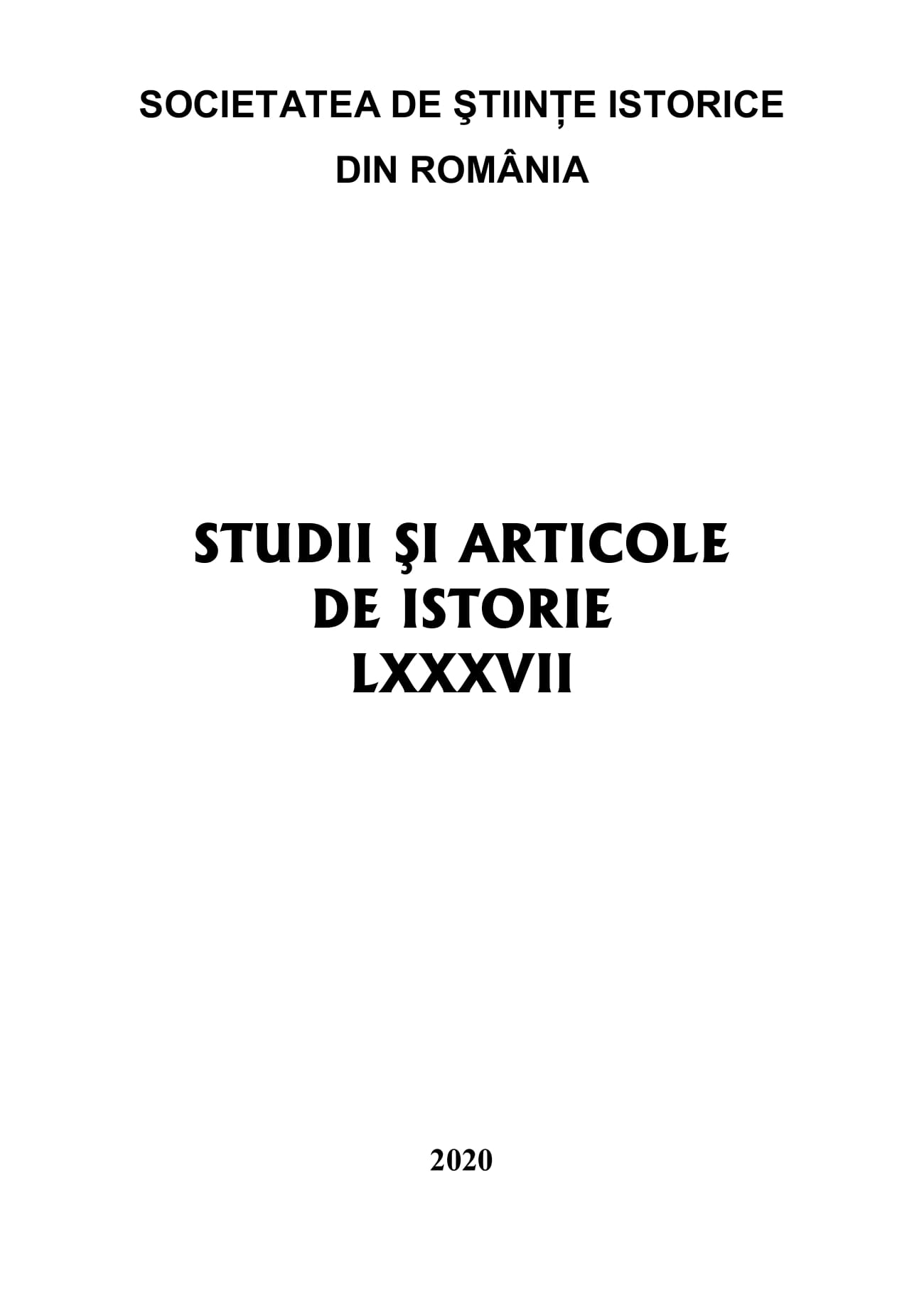ATITUDINI, SPERANŢE, ÎMPLINIRI ŞI DECEPŢII ÎN RÂNDUL ŢĂRĂNIMII DIN ROMÂNIA LA ÎNCEPUTUL PERIOADEI INTERBELICE (1918-1921)
ATTITUDES, HOPES, ACHIEVEMENTS, AND DISSAPOINTMENTS AMONG THE ROMANIAN PEASANTRY AT THE BEGINNING OF THE INTERWAR PERIOD (1918-1921)
Author(s): Marian CurculescuSubject(s): History, Local History / Microhistory, Social history, Recent History (1900 till today)
Published by: Societatea de Ştiinţe Istorice din România
Keywords: Rural History; Post WWI Romania; peasants’ expectations; Agrarian Reform; debates and social conflicts;
Summary/Abstract: At the beginning of the interwar period (1918-1921), the peasantry in Romania, representing 80% of the population, influenced by the consequences of theFirst World War, by the Great Union, and by the great reforms (the agrarian oneand the electoral one), had new attitudes, hopes, achievements, but alsodisappointments. We are now talking about a changing world, where the peasants,and not only them, asked the government for a prosperous life and for a new societyin which to be considered citizens with full rights.Some hopes have materialized: the agrarian reform, the electoral reform, awider participation in public life. But there were also some disappointments: delaysand injustices in the implementation of the agrarian reform, granting the universalvote only for men, the disappointment that they wouldn’t live better after the GreatUnion, the attitude of the authorities, and of the administration, especially in theelection campaigns, etc. In the villages there were positive options and attitudes. Themeasures taken by the government could not fully meet all expectations and hopesdue to the complex situation in which the country was as well as due to theconsequences of the war.
Journal: Studii şi articole de istorie
- Issue Year: 2020
- Issue No: 87
- Page Range: 67-95
- Page Count: 29
- Language: Romanian

